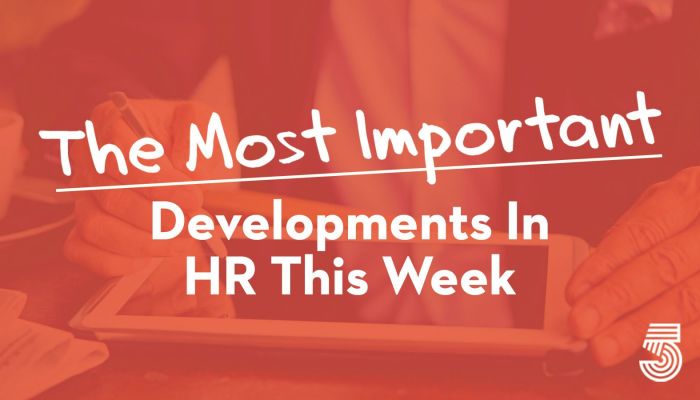The M.I.D., as we call it, is curated by our editorial team from more than 50 news sources. Like a lot of good ideas, this started as something I wanted for myself. If I can’t read everything, I at least want to stay abreast of the most important developments.
This week in HR, metaverse meetings became a thing, we learned the key to job happiness is matching skills with challenges and that headhunting may be the way to solve long-term talent needs, HR leaders pondered “to hire or not to hire,” and Congress got involved in HR.

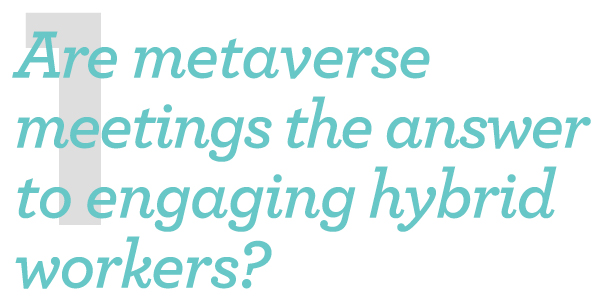
Meetings culture for hybrid workers is broken, according to recent reports and analyses. Some 43% of 31,000 workers polled from across 31 countries by Microsoft earlier this year said they don’t feel included in meetings. Some organizations are turning to the metaverse to make meetings more engaging. But can that really be the answer long term? It’s just over a year since Meta — formerly Facebook — bet large on the metaverse. Despite its current low level of capability, numerous organizations have embraced the metaverse for meetings and not just for novelty value. One such business is Battenhall, which has created working spaces for employees in Meta’s Horizon Workrooms — a virtual reality meeting space it has developed — and an online game platform Roblox. “Meetings are one of the things that [the metaverse] is particularly useful for right now,” said London-based founder and CEO Drew Benvie. For the last ten months, Benvie has used weekly team meetings in the metaverse. “Staff members reported that it increases feelings of togetherness for those working from home over traditional phone calls or video meetings,” he said. “While the metaverse is generally considered to be in its infancy … it makes Zoom calls feel prehistoric.” Worklife

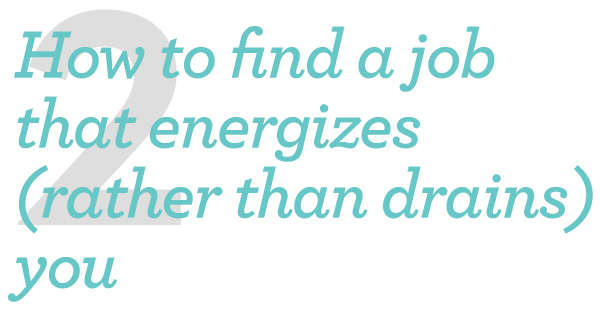
Doing work that doesn’t feel meaningful can be a drain. You wake up, clock in, put in your hours, then clock out. Rinse, repeat. However, who says work necessarily has to be a struggle? Can your work be both financially rewarding and fulfilling? One way to find work fulfillment is to achieve a state of flow. Hungarian psychologist Mihaly Csikszentmihalyi, one of the original architects behind the concept, describes the state of flow as being completely absorbed with an activity where nothing else seems to matter. Achieving flow state means matching a challenging task with a person whose high skill level is relevant to the task. For example, both musically inclined and mathematically inclined individuals would deem solving a scientific formula challenging. However, the latter would more likely be equipped with the interests and skills to solve the problem to tackle the challenge with positivity and enthusiasm. Therefore, job fit plays a big role to being in flow. Knowing your strengths and interests can spell the difference between doing energy-generating and energy-depleting work. Fast Company

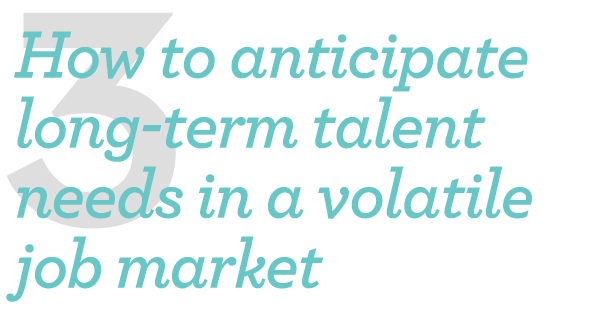
The employment landscape today is fiercely different than it was just a few years ago. The current unemployment rate is one of the lowest in recent history, at just under 4% with 6 million people unemployed and a record number of job openings. Meanwhile, employers are shifting recruiting and hiring strategies amid high inflation and concerns about a recession. In such a volatile, confusing job market, business leaders must anticipate the long-term needs of their current and future employees. Companies are making changes to the ways they recruit talent, and competing on compensation alone may not result in finding and hiring the best candidates. Organizations can attract and retain top talent in today’s shifting job market by prioritizing proactive recruitment of passive candidates, innovating and streamlining candidate communication, and balancing the expectations of multiple generations in the workforce. HRE
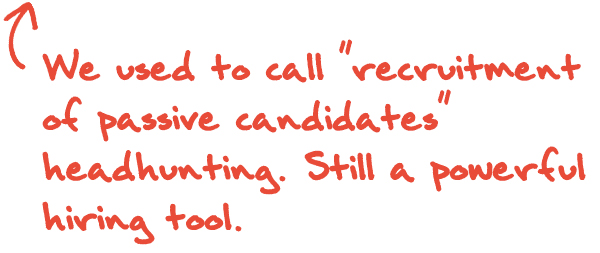
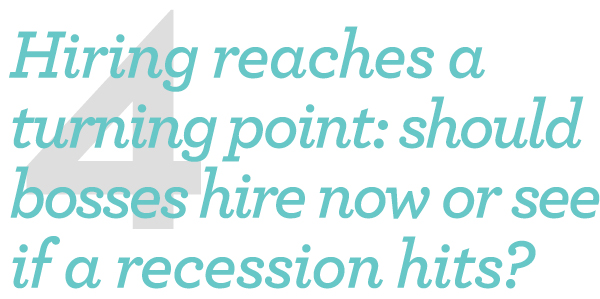
Over the summer, as the economic outlook darkened, Vladimir Gendelman ditched plans to hire a marketing director at his company, fearing he would need to lay off the new executive within months. But Gendelman, the CEO of CompanyFolders.com, recently reversed course and decided to post the opening for his 16-employee company, which makes folders, binders, and marketing materials. “I know we need a marketing director because that will help us grow,” says Gendelman, whose company is based in Pontiac, Michigan. “Do I make a hiring decision out of fear and not do anything? Or do I make a hiring decision out of love and abundance?” Bolstering his turnabout: Large company layoffs are throwing more skilled employees into a labor market still plagued by worker shortages. Gendelman recently received applications from about 100 qualified candidates. A year ago when he advertised the position, he got about 40 resumes, and only three had relevant experience. Gendelman exemplifies the difficult decisions many businesses face as they grapple with persistent worker shortages in a still-hot labor market along with slowing sales, sharply higher borrowing costs, and the growing threat of recession next year. USA Today


Employees at some of the country’s biggest companies who lacked sick pay or family leave quit at significantly higher rates than other workers during the coronavirus pandemic, according to a congressional report released Tuesday — the latest indication how the absence of social safety net policies in the U.S. can affect the labor force. The House Select Subcommittee on the Coronavirus Crisis issued the report based on internal data from 12 major firms: AT&T, Berkshire Hathaway, Boeing, Chevron, Cisco, Citigroup, Comcast, ExxonMobil, Oracle, Salesforce, Walmart, and The Walt Disney Co. (Comcast owns NBCUniversal, the parent company of NBC News.) Such internal data is not typically available to investigators and researchers studying workplace equity. The Democratic-led committee selected the companies based on reports that each had more than 1,000 layoffs during the pandemic. Republicans on the committee did not participate in the report. The subcommittee’s chairman, James Clyburn of South Carolina, the third-ranking Democrat in the House, said in a statement that the report underscored the need to enact a universal paid leave program. NBC News






